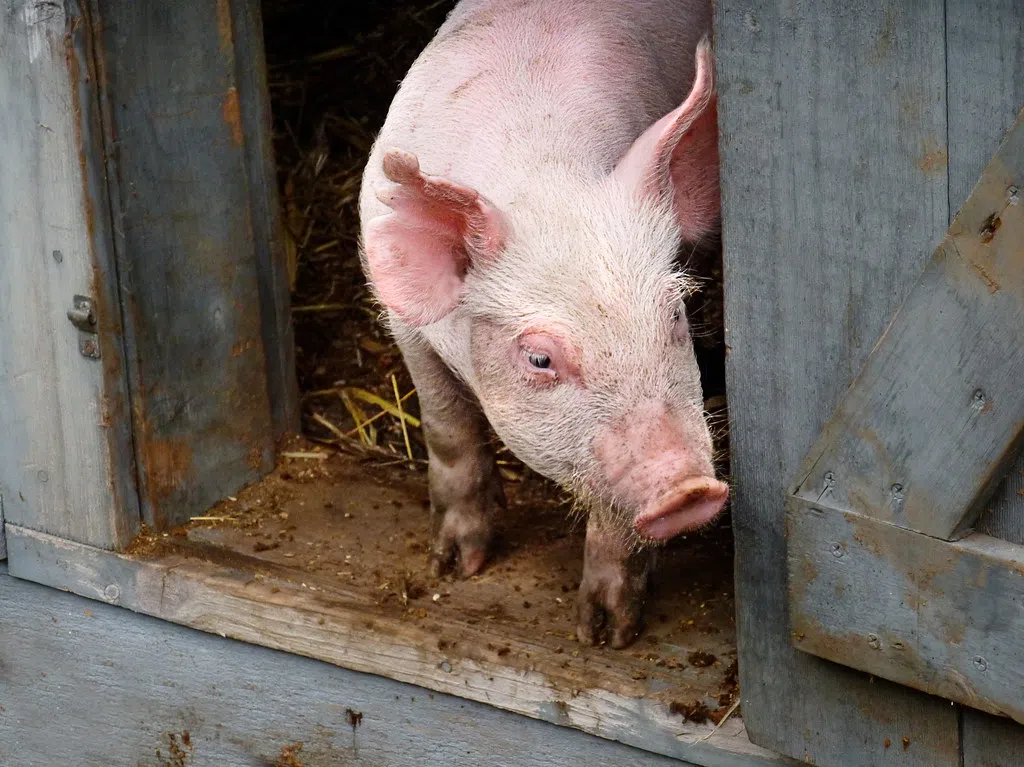In a win for efficiency in feeding a growing population and alleviating supply issues, the National Pork Producers Council celebrated the U.S. Department of Agriculture’s Food Safety and Inspection Service’s (FSIS) decision to extend the New Swine Inspection System increased line speed trials through May 15, 2025.
“Pork producers appreciate USDA’s thoughtful and thorough approach to maintaining increased packing capacity, giving us more opportunities to safely and more efficiently deliver our products to consumers,” said NPPC President and Minnesota pork producer Lori Stevermer. “As expected, after more than three years of operating at increased line speeds, FSIS has confirmed that increased line speeds are not a leading factor in worker safety.”
After completing months-long studies at six pork processing plants, “line speeds were not determined to be the leading factor in worker musculoskeletal disorder (MSD) risk at these plants,” according to FSIS.
Without the increase in line speeds – and the resulting decrease in packing capacity – some pork producers could have incurred an additional loss of nearly $10 a head in the first and second quarters of 2024, according to economists.
Since 2019, NPPC has advocated for increased line speeds.
In November 2021, FSIS permitted increased line speeds at six pork packing plants while simultaneously gathering data to evaluate potential worker impacts.
In December 2023, FSIS extended the trials for an additional 90 days.
In February 2024, FSIS again extended the trials through Jan. 15, 2025.
In April 2024, USDA Deputy Under Secretary for Food Safety Sandra Eskin discussed the pilot program with producers at NPPC’s legislative action conference.
In May 2024, U.S. Senate Committee on Agriculture, Nutrition, and Forestry Ranking Member John Boozman (R-AR) introduced his Farm Bill framework, making permanent the program, among several NPPC priorities.
NPPC will continue to engage with FSIS to find ways to continue expanding and making permanent these increased line speeds to help alleviate supply issues.
NPPC news release




Comments